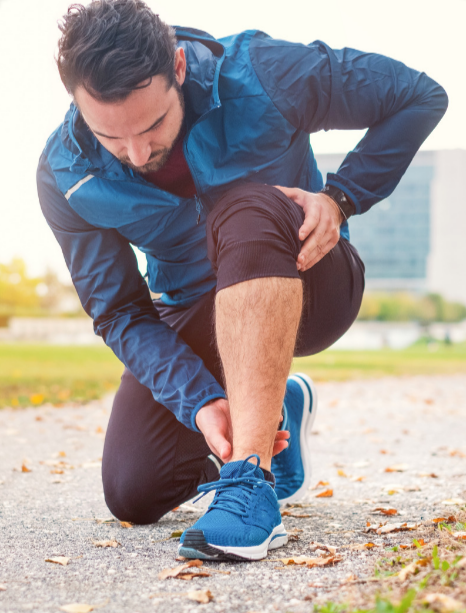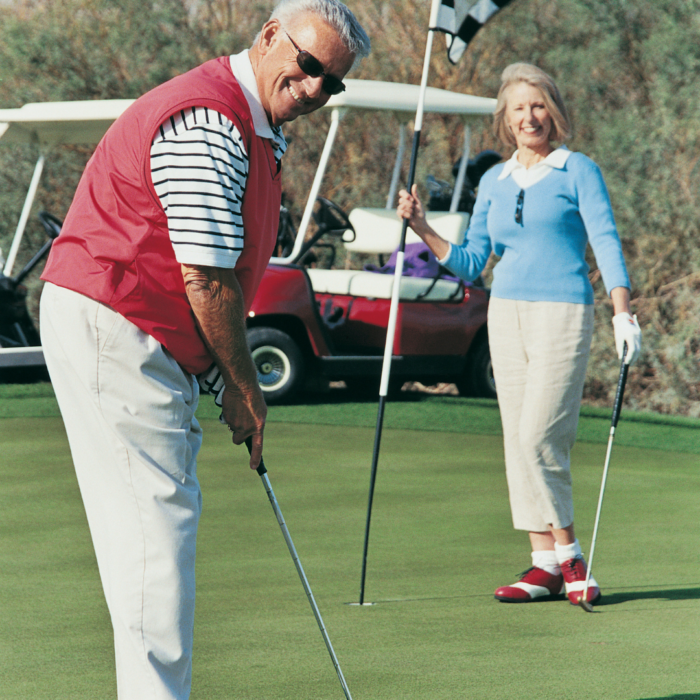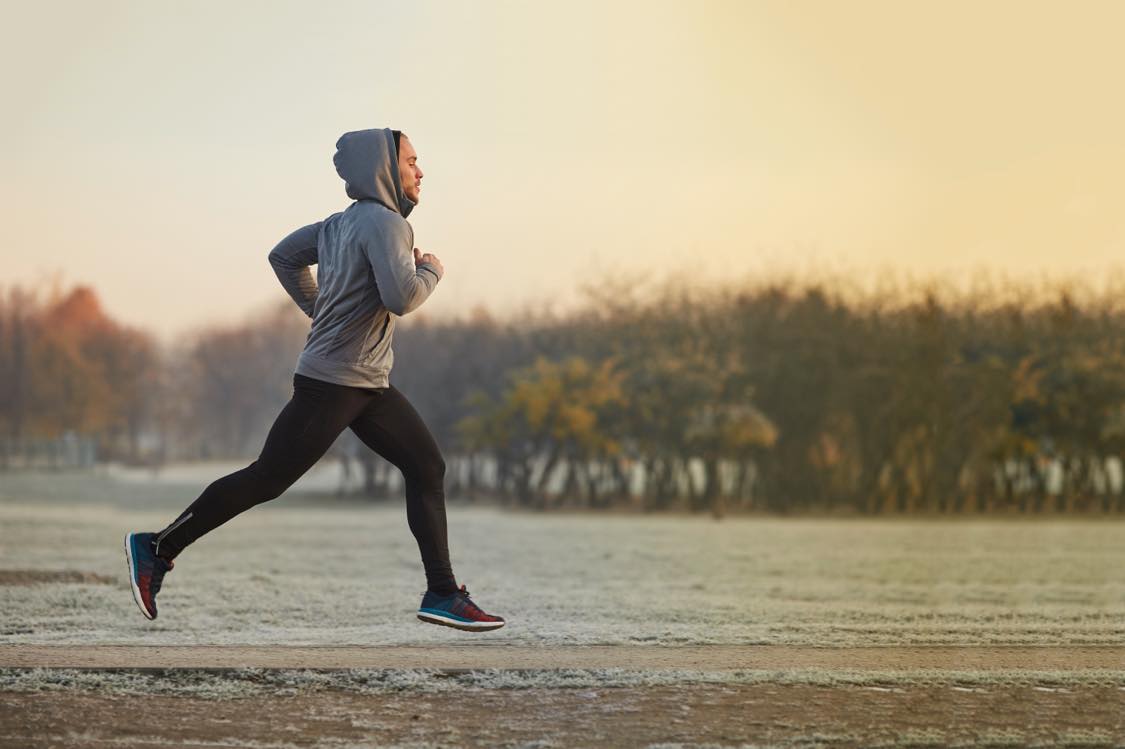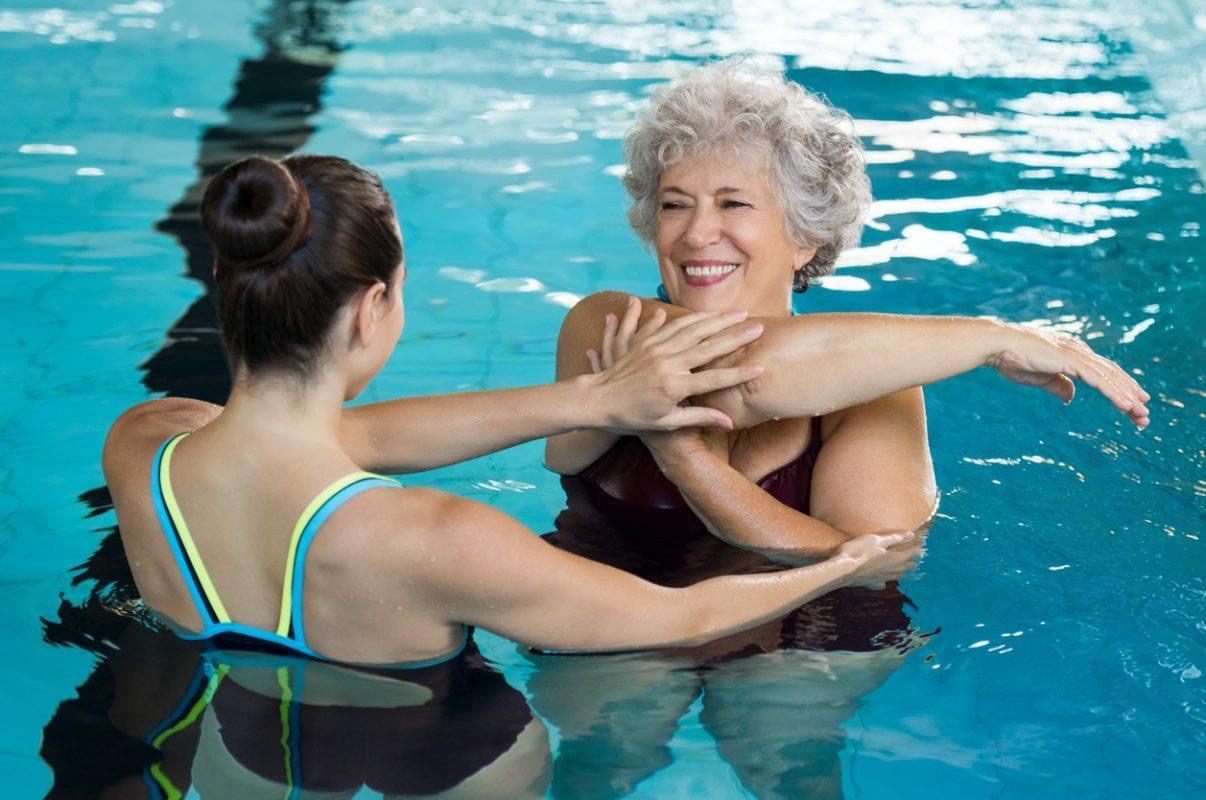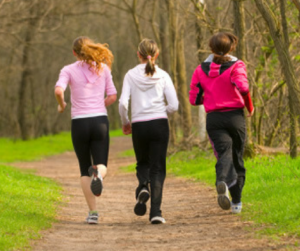Medial Ankle Impingement Syndrome
Medial impingement syndrome develops due to the formation of a bony spur on the talar bone; and is characterized by a limited range of motion and pain when performing specific movements. The spur causes compression when the ankle is dorsi-flexed (backward bending of your foot). The syndrome typically develops due to longstanding instability of the medial ankle, stress fractures of the foot, or repeated injury such as ankle sprains. Ankle impingement is commonly seen in running and jumping sports such as…

